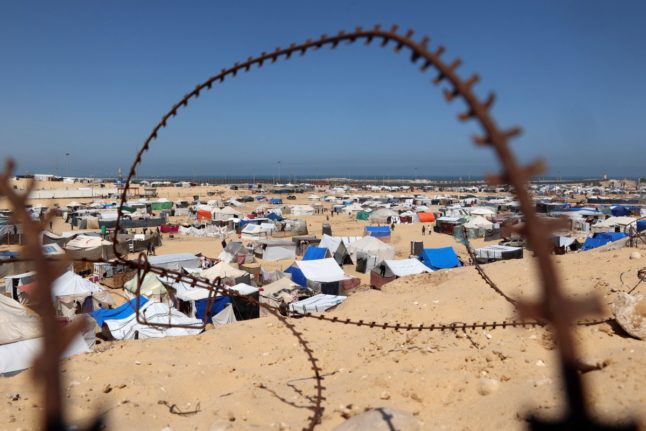The centre-right government announced in February 2009 that it was reversing a decision to phase out nuclear power as part of an ambitious new climate programme.
The country had voted in a 1980 non-binding referendum to phase out its 12 reactors by 2010, a target which was later abandoned by officials.
Since 1999, two of the reactors have been closed. The 10 remaining reactors, at three power stations, account for about half of Sweden’s electricity production.
The plan voted on Thursday entails that new reactors can be built at the same site as today’s three existing plants when they wind down, but no new sites will be approved and the number of reactors in the Scandinavian country will not be permitted to exceed 10.
Parliament ruled that the Swedish state would not be allowed to subsidise the construction of nuclear power initiatives, and also voted to hand reactor owners unlimited damage liability in the case of an accident.
The nuclear reactor replacement plan, which is set to take effect on January 1st 2011, was backed by the four coalition government parties, including the Centre Party which traditionally has been opposed to nuclear power.
However, there was heated debate in the house ahead of the vote and at least two Centre Party members of parliament have said they would” follow the voice of conscience” and vote against the measure.
The three main left-leaning opposition parties were set to vote against the proposal, with Green Party spokeswoman Maria Wetterstrand scolding the Centre Party for siding with its coalition partners.
Voting in favour of the proposal, she said, “could mean Sweden will be making itself dependent on nuclear power for 100 more years and there will be 100,000 years of consequences for future generations who will have to take care of the waste,” she said during the parliamentary debate.
Environment Minister Andreas Carlgren, of the Centre Party, meanwhile defended the government’s energy proposal.
“It is a myth that nuclear power is forcing out renewable energies. (Renewables) have won the game. Why then exclude nuclear from the plan?” he asked.
Carlgren also stressed voters would be able to express themselves on the new energy plan, which is set to take effect at the beginning of next year, in the upcoming September 19th elections.
If the three-party opposition manages to climb to power, it is expected to try to reverse Thursday’s ruling.
The nuclear plan is part of the government’s climate programme, which stipulates that by 2020 renewable energy should comprise 50 percent of all energy produced, for the Swedish car fleet to be independent of fossil fuels 10 years later and for the country to be carbon neutral by 2050.


 Please whitelist us to continue reading.
Please whitelist us to continue reading.
Member comments